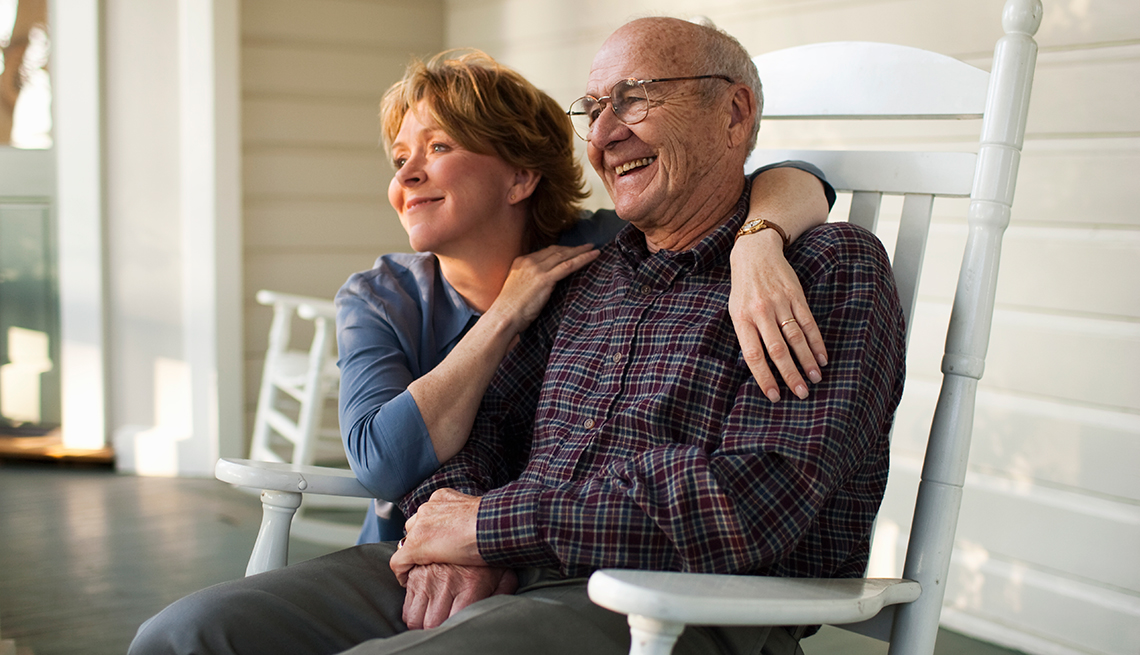Help AARP Help Family Caregivers
Caregivers usually come to the position with no experience, and little, if any, on-the-job training

Peter Zander/Getty Images
AARP is striving to make it easier for family caregivers to help older people remain in their homes and communities
Being a family caregiver for a loved one with an advanced — and, sometimes, terminal — illness is part of an unwritten job description for millions of spouses, children and loving friends. I have had the privilege of serving as a family caregiver — and of hearing stories from many others. They are overwhelmingly tales of love and devotion, tinged with anxiety, exhaustion and feelings of isolation. People usually come to the position with no experience, and they receive little, if any, on-the-job training.
See Also: We Need a National Family Caregiving Strategy
AARP is striving to make it easier for family caregivers to help older people remain in their homes and communities for as long as they can. We are also working with partners such as the Coalition to Transform Advanced Care to make sure family caregivers have the information, support and resources they need. You can learn more at the AARP Caregiving Resource Center.
My story illustrates how valuable such support can be, especially in caring for someone with an advanced illness. In 2010, my wife was diagnosed with a rare and incurable form of cancer that was predicted to be terminal in 18 to 24 months. While she was lucid, we were able to develop and put in place a plan for her advanced care. We reviewed a range of treatment options and selected those that met my wife's goals for her end-of-life care. We prepared advance directives and medical power-of-attorney documents, ensuring that her wishes would be carried out by all her health care providers.
See Also: Caregiving Across State Lines: 45+ States Pass Law to Help
My wife, as she had requested, was able to remain at home, cared for by her family, until her last 36 hours. She was pain-free and clear-minded until a few days before the end.
Unfortunately, not everyone's caregiving experience goes so smoothly. Too often, people's wishes are not honored, or even known. Individuals and their families may feel like powerless spectators who don't understand their choices or can't assert their priorities.
AARP is trying to help family caregivers, in part by supporting the bipartisan Care Planning Act (S. 1549), which would expand Medicare coverage for voluntary planning services and help ensure that advanced care aligns with the preferences of each individual. Please help us help caregivers by telling your senator you'd like a "Yes" vote on S. 1549.

